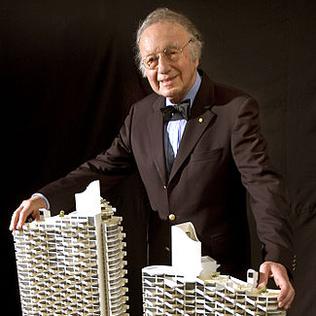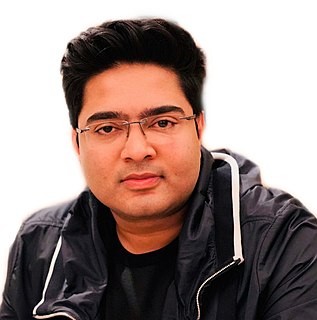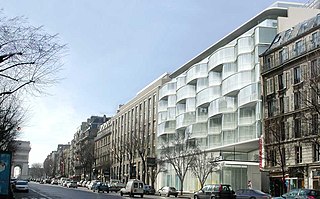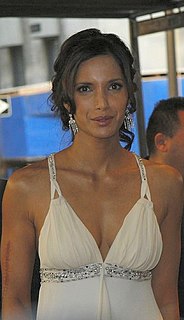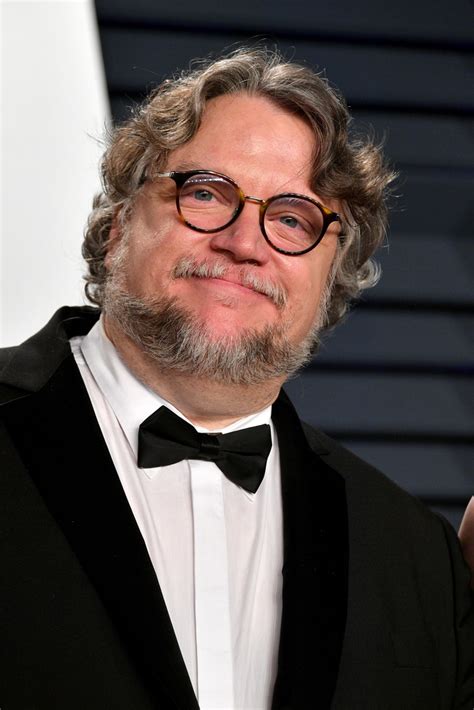A Quote by Ma Yansong
I grew up in Beijing, and there weren't many modern buildings during my childhood. I was influenced by traditional culture - the courtyards, the hutongs, the old city, and all the art forms - so, very naturally, I brought this to my practice.
Related Quotes
Many teachers of the Sixties generation said "We will steal your children", and they did. A significant part of America has converted to the ideas of the 1960s - hedonism, self-indulgence and consumerism. For half of all Americans today, the Woodstock culture of the Sixties is the culture they grew up with - their traditional culture. For them, Judeo-Christian culture is outside the mainstream now. The counter-culture has become the dominant culture, and the former culture a dissident culture - something that is far out, and 'extreme'.
When people say that L.A. doesn't have a culture, I think it really does: a very old culture, and very specific. There's streets named after entertainers, and statues of entertainers, and it's great. Entertainment is still art, even if it makes billions of dollars. So it's like a city built on entertainment, and art in a way.
I'm from New York. I grew up there. I grew up in Westchester County, the suburbs. For me, that was always the best of both worlds. I was super lucky to have a place where I could pretty much practice drums unperturbed. Obviously there were neighbor's complaints, but not very often, and I could get to the city easily by myself or with my parents.






